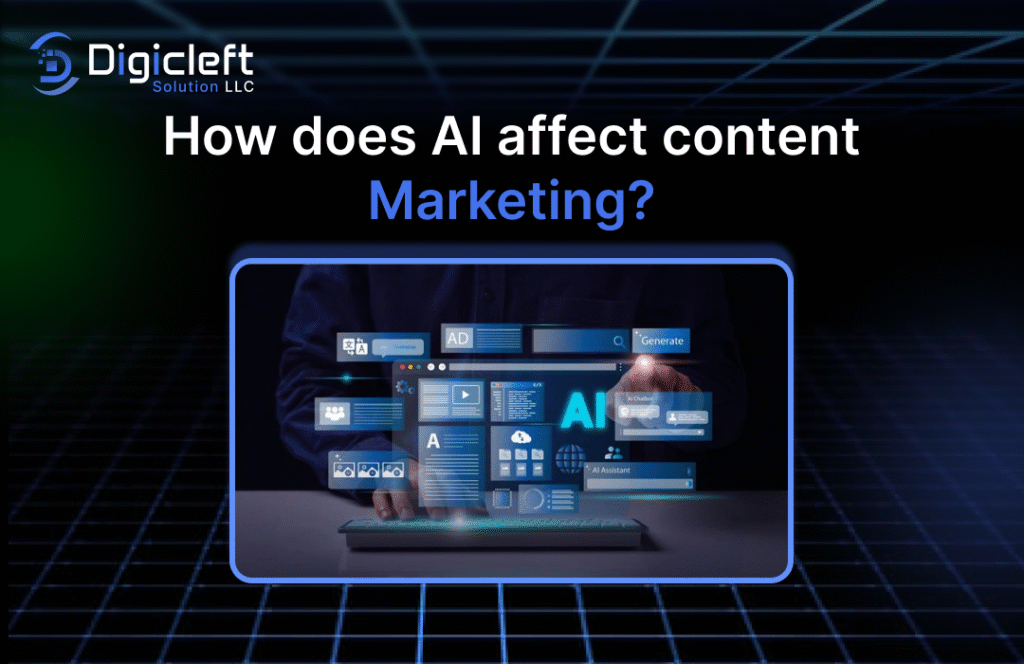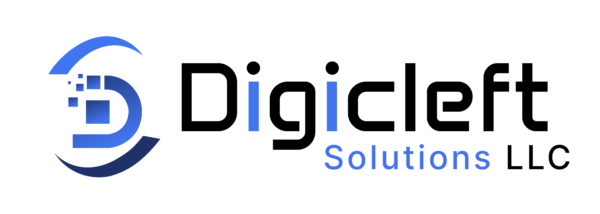
Introduction to AI’s Role in 2025 Content Marketing
Artificial Intelligence (AI) is no longer just a support tool—it’s the strategic engine powering modern marketing. From blog generation to customer interaction, AI has redefined how brands communicate. In 2025, businesses of all sizes are leveraging AI to drive growth, with nearly 80% of marketers using at least one AI tool daily.
Thanks to breakthroughs in natural language processing, machine learning, and image synthesis, content creation is now faster, smarter, and more tailored than ever before.
Benefits of AI in Modern Content Marketing
AI empowers marketers to automate repetitive tasks, analyze user behavior, and deliver content with surgical precision. Here are the biggest benefits:
1. Automation and Scalability
AI tools handle large-scale content production and distribution. You can write hundreds of product descriptions or schedule thousands of social posts—all without burnout.
2. Predictive Personalization
AI predicts what your customers want next. It segments audiences based on behavior and delivers personalized emails, offers, and landing pages in real-time.
3. Audience Behavior Analysis
AI collects and interprets customer data across platforms. It understands preferences, purchase paths, and content engagement, allowing marketers to refine strategies proactively.

Rise of Generative AI in Content Creation
One of the biggest transformations in marketing is the rise of generative AI. Platforms like ChatGPT, Jasper, and Writesonic create everything from blogs to email campaigns using minimal prompts.
In 2025:
- AI writes headlines, outlines, and long-form content in seconds.
- AI-generated images and videos dominate social media.
- NLP ensures content mimics human tone and intent.
This has allowed startups to compete with large corporations—by producing more content faster and at a fraction of the cost.
Why You Should Integrate OpenAI into Your Marketing Stack
To stay ahead, businesses are choosing to integrate OpenAI into their workflow. OpenAI’s GPT models offer:
- Automated blog writing
- Email marketing content
- Chatbot responses
- Ad copy generation
Airtable, Shopify, and Canva have all embedded OpenAI tools to supercharge productivity. These integrations let marketers shift focus from repetitive tasks to high-impact strategy and storytelling.
By choosing to Integrate OpenAI, teams not only speed up content development but also ensure quality remains high across platforms.
SEO and AI: Optimizing for AI content in Google Searches
Google’s latest updates have introduced “AI Overviews”—a new form of featured snippet where AI summarizes content directly on search results. As a result, traditional SEO is evolving into Generative Engine Optimization (GEO).
To stand out in AI summaries and snippets, marketers must:
- Write clearly structured content with proper metadata
- Optimize for question-based queries
- Use schema markup to feed AI engines
Creating content that aligns with AI content in Google means focusing more on usefulness, clarity, and direct answers than ever before.
Can AI Replace Web Developers in Marketing Teams?
There’s an ongoing debate over whether AI replacing web Developers is a genuine concern.
Here’s the reality:
- AI tools like GitHub Copilot and Vercel AI assist in code generation.
- Website builders like Wix and Webflow now offer AI-driven design templates.
- “Vibe coding” lets non-technical marketers describe what they want, and AI builds it.
However, AI replacing web Developers is largely an exaggeration. While AI can automate boilerplate code and streamline testing, developers are still crucial for:
- UX strategy
- Custom APIs and integrations
- Troubleshooting and scalability
Instead of replacement, think of it as AI empowering developers to work faster and more creatively.
Real-World Tools Marketers Are Using in 2025
| Tool | Function |
|---|---|
| Writesonic | Blog and landing page generation |
| Surfer SEO | Content optimization with AI-driven keyword insights |
| Copy.ai | Product descriptions and social copy |
| Synthesia | AI video avatars for marketing videos |
| Jasper | Complete AI writing suite for teams |
These tools allow content marketers to achieve more with less—and stay competitive in AI-driven search landscapes.
Personalization Through AI and Predictive Analytics
Gone are the days of “spray and pray” marketing. AI enables hyper-personalization, which includes:
- Real-time content recommendations
- Email subject lines tailored to user behavior
- Dynamic landing pages that change based on visitor profile
Predictive analytics also identify when leads are most likely to convert—so you can reach out at the perfect moment.
AI in Visual, Audio, and Video Content
AI tools now generate high-quality videos, images, and voiceovers, enabling visual storytelling at scale.
Examples:
- Runway ML: Creates cinematic videos from text prompts
- Pictory: Turns blog posts into social videos
- Descript: AI voiceovers and podcast editing
These innovations are ideal for brands looking to scale omnichannel strategies without hiring large production teams.
AI Agents: The Future of Marketing Automation
AI agents are autonomous bots that manage entire workflows—from ideation to publication. Tools like ChatGPT’s “Custom GPTs” or Airtable’s AI Agents can:
- Generate ideas
- Draft and revise content
- Suggest publishing schedules
- Analyze post-campaign results
This automation means marketing teams can focus more on strategy and less on operations.
Challenges and Ethical Concerns of AI in Marketing
With power comes responsibility. Challenges include:
- Misinformation: AI can produce inaccurate or biased content.
- Data Privacy: Collecting user data for personalization must comply with GDPR and other laws.
- Authenticity: Over-automation risks losing human touch in storytelling.
Mitigating these challenges means using AI ethically—always with human oversight and clear disclosures.
Future-Proofing Your Marketing Career in the Age of AI
Marketers in 2025 must adapt by:
- Learning prompt engineering
- Understanding AI analytics
- Developing creative and strategic thinking
The most valuable skills will be those that AI can’t replicate: empathy, storytelling, and vision.
Case Studies: Brands Using AI in 2025
1. HubSpot
Uses AI to auto-generate blog posts and predict customer churn—cutting content production time by 80%.
2. Netflix
AI analyzes viewer habits to personalize content recommendations and promotional emails.
3. Sephora
Integrates AI in customer service and visual product recommendations using augmented reality.
FAQs
1. Can AI fully replace human writers?
Not yet. AI creates drafts quickly, but human editing ensures accuracy, tone, and brand voice.
2. Should I Integrate OpenAI into a small business?
Absolutely. It’s scalable, cost-effective, and reduces the need for multiple freelance hires.
3. How do I optimize for AI content in Google?
Use structured data, answer-based formatting, and semantic-rich keywords.
4. Does AI Replace Web Developers completely?
No. It assists them but doesn’t replace core creative or architectural work.
5. What are AI agents in marketing?
Autonomous AI bots that handle content tasks without constant supervision.
6. What’s the main risk with AI in marketing?
Loss of authenticity if overused, and potential compliance issues with data privacy.
Conclusion: The Balanced Role of AI in Content Marketing
In 2025, AI is a powerful ally—not a full replacement—for content marketers. It increases efficiency, sharpens personalization, and improves SEO performance. When you Integrate OpenAI, tailor for AI content in Google, and understand the true implications of whether AI Replace Web Developers, you position your brand at the forefront of innovation—without sacrificing trust or creativity.


